Update to popular video app requires users to pay for features that were recently free
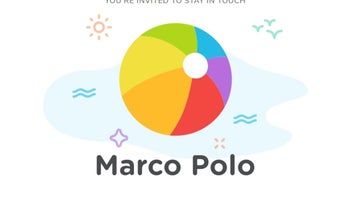
Video messaging app Marco Polo is different than FaceTime or Skype. Instead of focusing on real-time video chats, users send video messages called Polos to each other and respond whenever they have the time to. The developer, Joya Communications, proudly states on its App Store and Play Store listings that it does not sell data to advertisers or attempt to get users to "like" messages. The developer states, "This is an app that parents actually want their family to use." A recent study conducted by Brigham Young University came to the conclusion that "Marco Polo users were significantly less lonely, exhibited fewer depressive symptoms, and had higher life satisfaction than Snapchat users…Marco Polo users may be capitalizing on positive health-related outcomes, compared to users of other social media."
An update removed many of Marco Polo's free features and moved them to a paid version of the app
Since Marco Polo does not run ads, the developer needed a source of income to keep the business running. On its blog, the company noted that it had yet to make a profit from the app. So the developer decided to offer a "Plus" version priced at $5 a month. For that additional fee, users get to see their video messages in HD and have "an elevated experience that includes more functionality, unlimited versions of free features and new, fun ways to use the app." On its blog post, the developer wrote, "To be certain, Marco Polo is and will remain a free app. If the premium upgrade isn’t a fit for your life right now, no problem. We’ll continue to invest in making sure the free experience is a great one. No matter the changes now or in the future, we’ll always provide unlimited opportunity to stay in touch with the people who matter most to you."
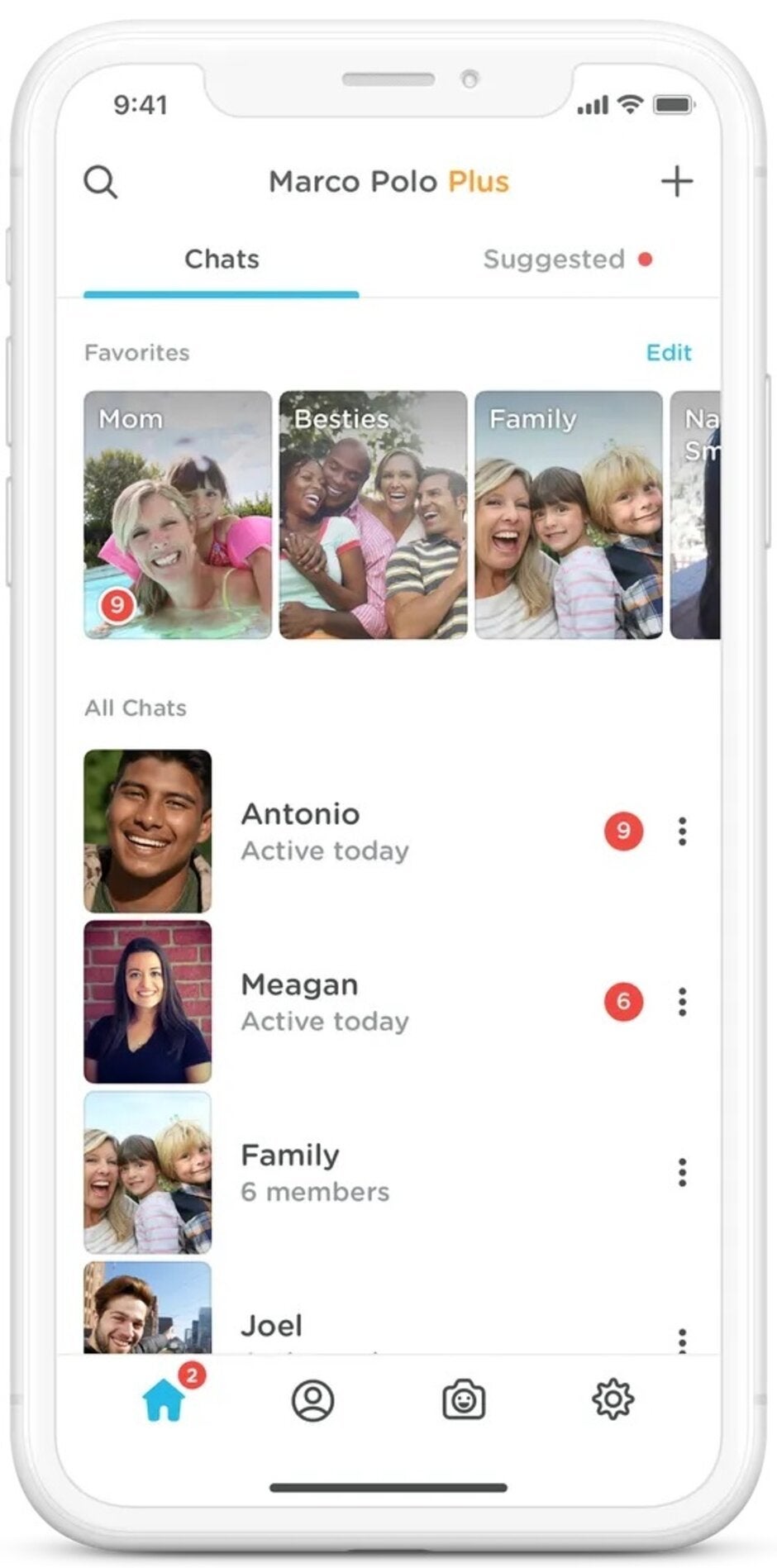
MarcoPolo Plus was recently rolled out as a way to monetize the app
An update was disseminated to Marco Polo users just before the premium version was released. And yes, as the developer promised, after the update was disseminated the video messaging app remained free. However, according to USA Today, all of the features that users liked and became accustomed to were removed from the free app and moved to the premium version. One disappointed long time Marco Polo user said, "If you take away the features that I like to use instead of adding new ones and try to force me to pay, I'll just stop using the app." The app's comments section in the App Store included one two-star review that mentioned how during the crisis, when other apps are opening up features to free users, Marco Polo has done the opposite. The developer responded by saying, "Thanks for your feedback! You're welcome to switch back to the old version of Marco Polo! Just go to Settings > Help & about us. Our paid subscription means free Marco Polo can be available for those who can't pay."
Speaking of the coronavirus outbreak, the app has been a huge beneficiary of the stay-at-home orders with usage of the app up 16 times since February. In March. Marco Polo was downloaded 900,000 times adding to the previous 10 million installations it had achieved. To say that users were upset with the developer's decision to strip features from the free version of the app would be an understatement. On Twitter, Marco Polo responded to tweets critical about the action it took by saying that all of the things that users like about the app, including unlimited chats with an unlimited number of contacts and the unlimited number of groups that can be created, has not changed.
Marco Polo co-founder and CEO Vlada Bortnik justifies the update by saying that because of the pandemic there is "more urgency than ever before that ... our business has to be sustainable so that Marco Polo will be there for millions of people." If you're interested in the app, it can be installed from the App Store for iOS devices and the Google Play Store for Android devices.




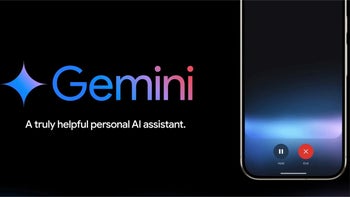

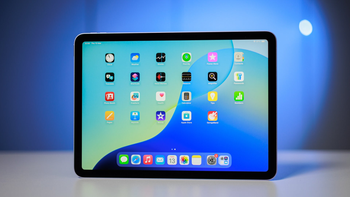
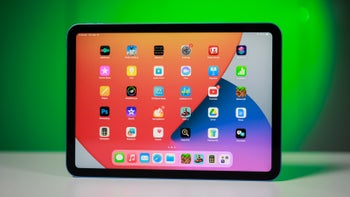


Things that are NOT allowed: